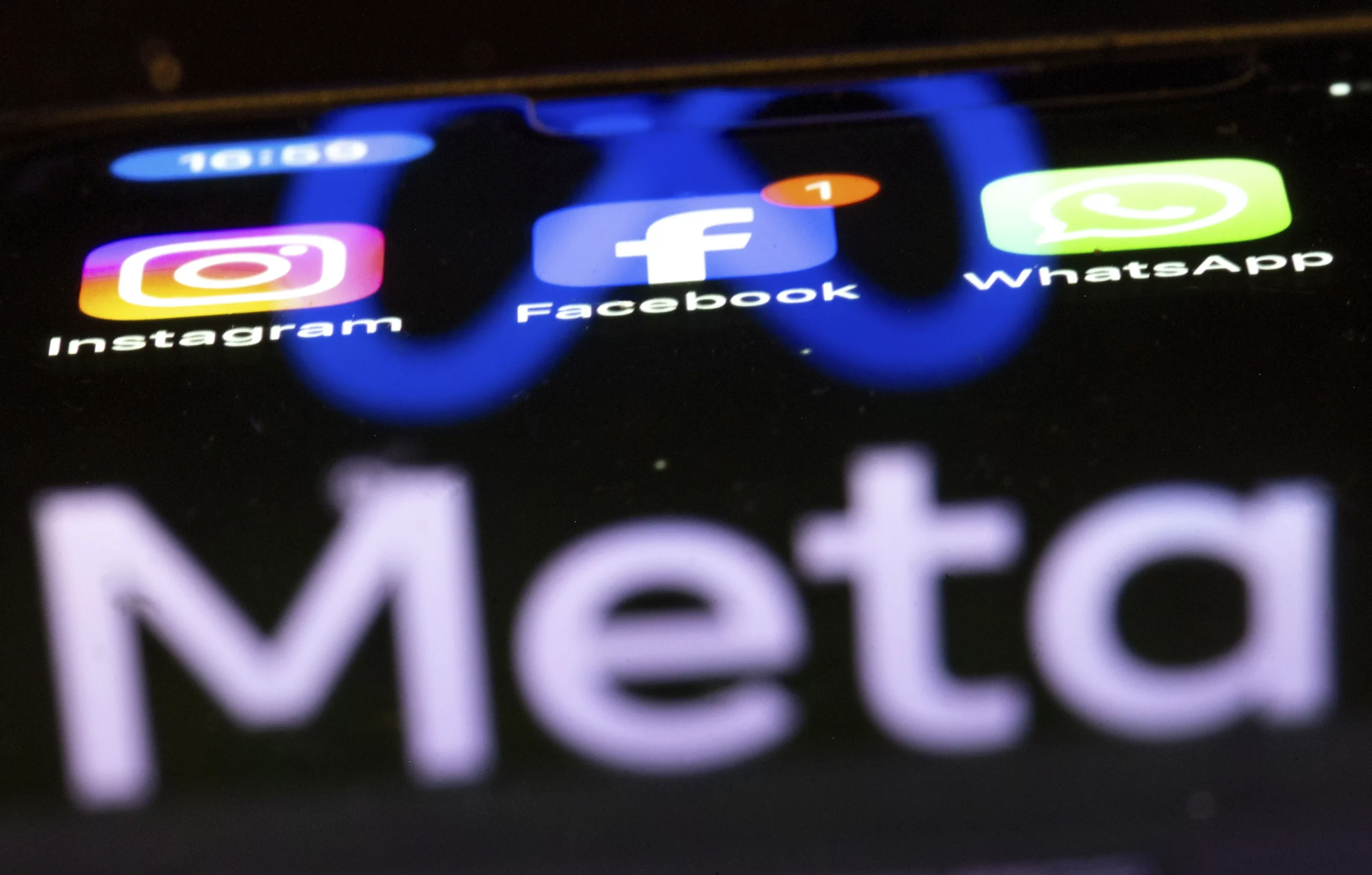In recent years, WhatsApp has become one of the most popular messaging apps in the world, with over 2 billion active users. Its end-to-end encryption and promise of privacy have made it a go-to platform for individuals and organizations alike. However, a recent discovery by engineers has raised concerns about the safety and privacy of WhatsApp users.
According to a report by The Intercept, engineers have warned that governments can potentially monitor chats on WhatsApp. This revelation has sparked fear among staff members at Meta, the parent company of WhatsApp, who believe that Israel is using this vulnerability to target individuals for assassination in Gaza.
The Intercept’s investigation revealed that there is an undisclosed vulnerability in WhatsApp that allows governments to see who users are messaging, despite the app’s end-to-end encryption. This means that even though messages are encrypted and cannot be read by anyone other than the sender and receiver, the government can still see who users are communicating with.
This vulnerability is a major concern for individuals who use WhatsApp to communicate sensitive or confidential information. It also poses a threat to journalists, activists, and human rights defenders who rely on the app to protect their sources and maintain their safety.
The fear of being monitored by governments is not unfounded. In recent years, there have been numerous reports of governments using technology to spy on their citizens. This includes the infamous Pegasus spyware, which was used by governments to target journalists, activists, and political opponents.
The Intercept’s report has also shed light on the potential use of this vulnerability by the Israeli government. According to the report, Israeli intelligence has been using this trick to identify and target individuals for assassination in Gaza. This is a grave violation of human rights and raises serious questions about the ethics and morality of using technology for such purposes.
The fact that this vulnerability has been undisclosed for so long is also concerning. It is unclear how long governments have been aware of this vulnerability and how many individuals have been targeted using this method. This raises questions about the transparency and accountability of tech companies like Meta, who have a responsibility to protect their users’ privacy and safety.
In response to The Intercept’s report, Meta has issued a statement saying that they are constantly working to improve the security of their platform. They have also stated that they are investigating the issue and will take appropriate action to address any potential vulnerabilities.
However, this statement may not be enough to reassure WhatsApp users who are concerned about their safety and privacy. It is essential for Meta to be transparent about the vulnerability and take immediate steps to fix it. They also need to be more proactive in protecting their users’ privacy and security, rather than waiting for such vulnerabilities to be exposed.
In the meantime, it is important for WhatsApp users to be cautious and take necessary precautions to protect their privacy. This includes being mindful of the information they share on the app and considering alternative messaging platforms that prioritize user privacy and security.
In conclusion, the revelation of this undisclosed vulnerability in WhatsApp is a cause for concern. It highlights the need for stricter regulations and accountability for tech companies, as well as the urgent need for governments to respect the privacy and rights of their citizens. It is also a reminder for individuals to be vigilant and take necessary precautions to protect their privacy in the digital age. As technology continues to advance, it is crucial for us to prioritize the protection of our privacy and rights.






